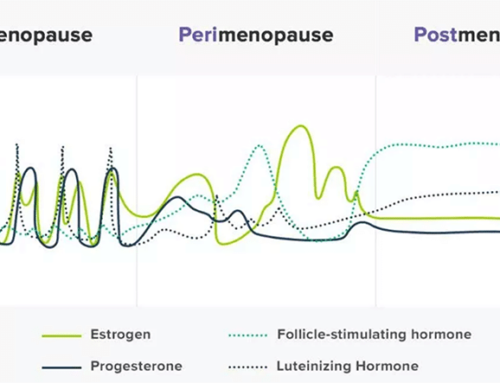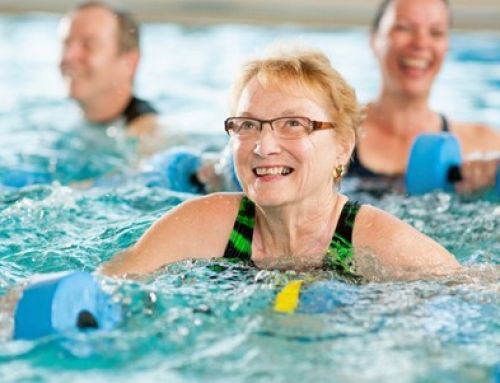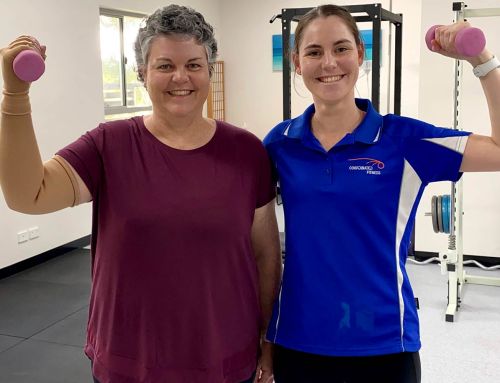
Pathophysiology (How does it work?)
Insulin, which is produced by the pancreas, is released when our blood sugar levels rise as a result of eating food. It is a hormone that is needed to allow sugar (glucose) to enter cells in order to produce energy. Continually elevated levels of sugar in the blood can result in a reduced effect of insulin. This causes our blood sugar levels to remain high and starts a vicious cycle whereby more insulin is being produced but not consequently being used, resulting in Diabetes.
A rise in our blood sugar levels can be caused by either of the following:
- Our bodies inability to produce insulin (the essential ingredient to removing sugar from the blood), or
- The bodies inefficient use of insulin
There are two types of Diabetes – Type 1 Diabetes and Type 2 Diabetes.
- Type 1 Diabetes is a form of diabetes in which little or no insulin is produced by the pancreas.
- Type 2 Diabetes is a progressive condition in which the body becomes resistant to the normal effects of insulin and/or gradually loses to ability to produce enough insulin in the pancreas.
Risk Factors of Developing Diabetes
While family history, genetics, ethnicity and history of gestational diabetes play a role in your risk of developing diabetes, lifestyle factors also have a significant impact on increasing your risk. Modifiable lifestyle risk factors can include:
- Being overweight (BMI over 25 kg/m2) can increase insulin resistance
- Waist circumference greater than 94 cm for men and 80 cm for women
- Poor diet – high fat, high sugar, high salt and low fibre
- Limited physical activity
- High blood pressure
- Impaired glucose tolerance (higher than normal blood glucose)
Benefits of Exercise and Healthy Eating
When we think about diet and exercise for Diabetes it's not just about losing weight. There are numerous benefits of eating healthy and staying active including:
Exercise
- Improved blood sugar
- Improved glucose tolerance
- Improve insulin sensitivity
- Increase muscle mass
- Reduced insulin requirements
- Improved blood pressure and cholesterol
Nutrition
- Maintain consistent blood sugar levels throughout the day
- Maintain healthy levels of blood lipids (fats)
General
- Reduced HbA1c
- Reduced risk of long term complications such as neuropathies
How does exercise help?
Exercise plays a crucial role in the short and long term management of Diabetes. Besides insulin, exercise can be utilised as a means of reducing blood sugar levels. After any bout of exercise, there are 3 main responses that allow the uptake of sugars:
- Immediate use of sugar during exercise
- Increased muscle sensitivity – the muscles become relaxed and allow sugar to enter the muscle for storage without the use of insulin. This can last for between 8 to 12 hours.
- Insulin sensitivity – improved use of insulin that is available which allows for greater uptake of sugars. The duration of this benefit can last anywhere between 24 to 72 hours after a single exercise session.
The duration of these effects can vary from person to person and is also dependent upon the intensity and duration of exercise.
What sort of exercise should I be doing?
Any form of exercise that gets you moving is great for managing diabetes! Some suggestions could include: walking, swimming, cycling, dancing, gardening, golfing, weight training, water aerobics or Tai Chi.
It is also important to increase your general incidental physical activity throughout the week. This could involve taking the stairs instead of using the lift, breaking up your sitting time and going for a 5-10 minute walk.
Exercise Precautions
It is important to take the following points into consideration when you commence exercising:
- Have a light meal with adequate carbohydrates 45-60 minutes before exercising.
- Have some form of carbohydrates available.
- Drink lots of water before, during and after exercise.
- Monitor your BGLs before and after exercise (especially if just starting.
- Avoid exercise during peak insulin periods – do not inject insulin into exercising limbs.
- Adjust medications before exercise (speak with your GP or Diabetes Educator first)
Helpful Hints
- Start exercising for just 15 minutes every second day and slowly increase up to 30-45 minutes.
- Join a walking group or local exercise class – this will help to keep your motivation.
- Incorporate resistance training to build muscle.
- Eat regular meals throughout the day.
- Invest in a pedometer and aim for 10,000 steps per day.
- Reduce your serving sizes.
- Include a small amount of carbohydrates at every meal.
- Avoid lollies and high sugar drinks.
- Aim to drink 8 glasses of water per day (~2L)
Before commencing a regular exercise program it is important to go see your doctor for a full medical examination. Initially take it slow – you don't want to start off too hard, especially if you are not used to the exercise as you will be sore the next day and this will not make exercising a fun experience! Over time, once you get more comfortable, you can slowly increase the intensity of the exercise.
If you have any diabetes complications such as retinopathy, nephropathy, you should talk to your doctor or an Accredited Exercise Physiologist before you start increasing the intensity of your exercise.
Nutrition for Diabetes
When consuming a food that contains carbohydrates, your body digests the carbohydrates into sugar (glucose), which can then be used as energy by your body's cells.
A healthy diet that is utilised for the management of diabetes is similar to the diet that is recommended for all individuals. In order to manage your diabetes, it is recommended that you:
- Eat regular meals and healthy snacks spread over the day
- Base your meals on high fibre carbohydrate foods such as whole grain breads and cereals, beans, lentils, vegetables and fruits
- Keep an eye on the amount of fat you eat and limit the amount of saturated fat by choosing lean meats and low fat dairy foods. Try to avoid fried takeaway foods, pastries and biscuits
- Keep your weight within the healthy weight range by matching the amount of food you eat with the amount you burn up each day
If you would like to learn more about how to exercise right for Diabetes – you may be eligible for a Medicare referral from their GP for group Diabetes Sessions.




